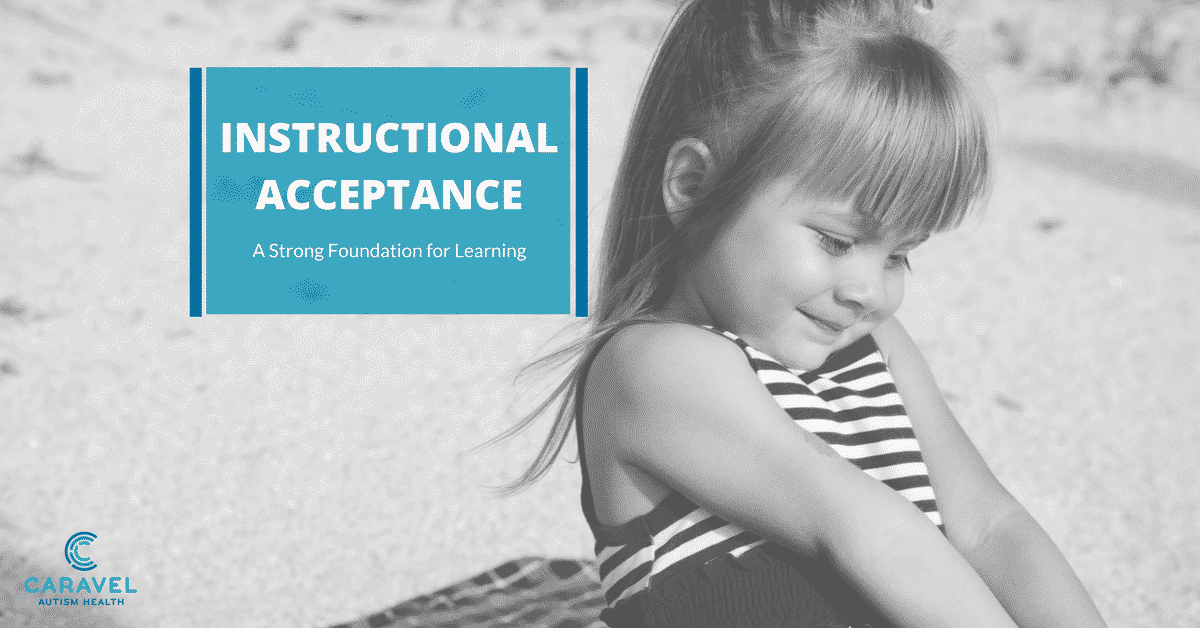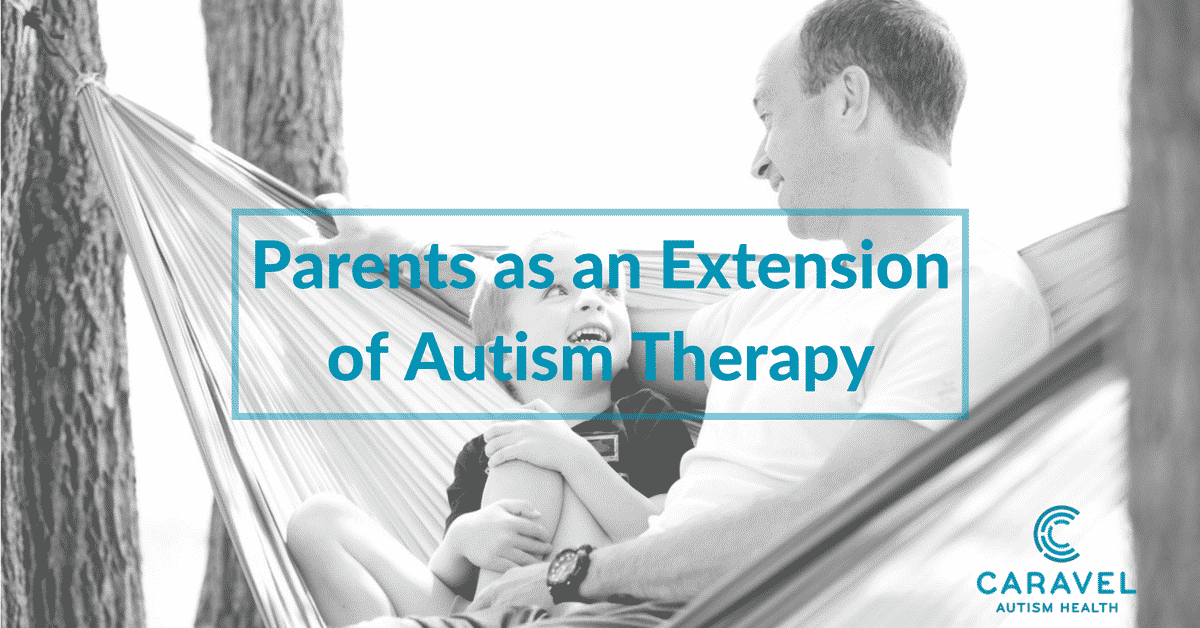One mother’s search for answers
Some parents spend years trying to figure out whether the signs they’re seeing in their child might be cause for concern. But some know right away that something isn’t quite right. For Kimberly, whose son Rowan was born in 2010, the realization hit hard and fast.
Rowan was the second child for Kimberly and her husband, who already had a three-year-old daughter. Kimberly’s second pregnancy was relatively normal. As soon as she heard her newborn son cry, however, she knew that something was off. “And as soon as I looked into his eyes, I thought ‘autism.’”
Right from the start, she was concerned about her new baby boy. “He seemed constantly unhappy in his own skin,” Kimberly recalls. “He didn’t want be held, but you couldn’t put him down. He was manic. As he’d start to wake up, he’d go from drowsy and mellow to a panicked scream in an instant.”
Others reassured her that Rowan was alright, that boys just developed more slowly than girls. What Kimberly observed was that her son was nonverbal, avoided eye contact, and seemed completely closed off. On Rowan’s second birthday, she asked her pediatrician for a referral to an autism specialist. One month later, her suspicions were confirmed. Rowan had autism. It was time to get help.
At first, she enrolled him in a weekly toddler playgroup and tried several other interventions. Rowan didn’t seem to be making progress, so she started interviewing ABA therapy providers in the Janesville, WI area. She learned of Caravel Autism Health through another parent of a child with autism. She made an appointment and brought her son in for an evaluation. “After some additional tests and conversations, I signed Rowan up for intensive therapy. And for some reason, I already knew this was going to work for him.”
“It’s really hard in the beginning,” explains Kimberly, “to step back and let someone else take charge. You’ve spent so much time being on guard and keeping him safe. Before finding his Caravel team of therapists, I felt like I had to be watching him 24/7. This kid had no fear or any understanding of what could hurt him. If we weren’t paying attention, he might wander into the street. He would run up to unfamiliar dogs and give them bear hugs if we weren’t careful. He was volatile and a headbanger.”
One month into therapy, Kimberly says, the headbanging was done. And he was talking. “He started to pick up words and phrases and noises. Within the first six months, Rowan had a 500-word vocabulary. It was that fast! I can’t shut him up now.”
“His progress was phenomenal,” says Kimberly. “His therapists would write programs for him. They’d help him with social skills and things like facial recognition.” After a year of ABA therapy, Rowan’s parents considered enrolling him in kindergarten but decided he needed ABA therapy more than school. “What I didn’t expect was that his therapists would make sure that he was learning a lot of those kindergarten things. They taught Rowan his ABCs, how to count to 100, how to use scissors, how to sing and dance and play games like ‘Ring Around the Rosie.’ In the end, we didn’t feel like he’d missed kindergarten at all.”
Today, Rowan is enrolled in school full-time and is thriving. He’s an honor roll student with an off the charts IQ. In Kimberly’s opinion, Rowan wouldn’t be where he is today without the therapy he got. “ABA therapy was the best thing that could have happened to us ever,” says Kimberly.
Her advice to parents who are wary of getting their child tested? “Trust your instincts. Follow through if you have concerns. As a parent, it’s as important as making sure that your child has food and clothes and a warm bed.”
For more information about evaluation and diagnosis, or to take our free Pediatric Development Screener, go to https://caravelautism.com/evaluation-diagnosis/.





